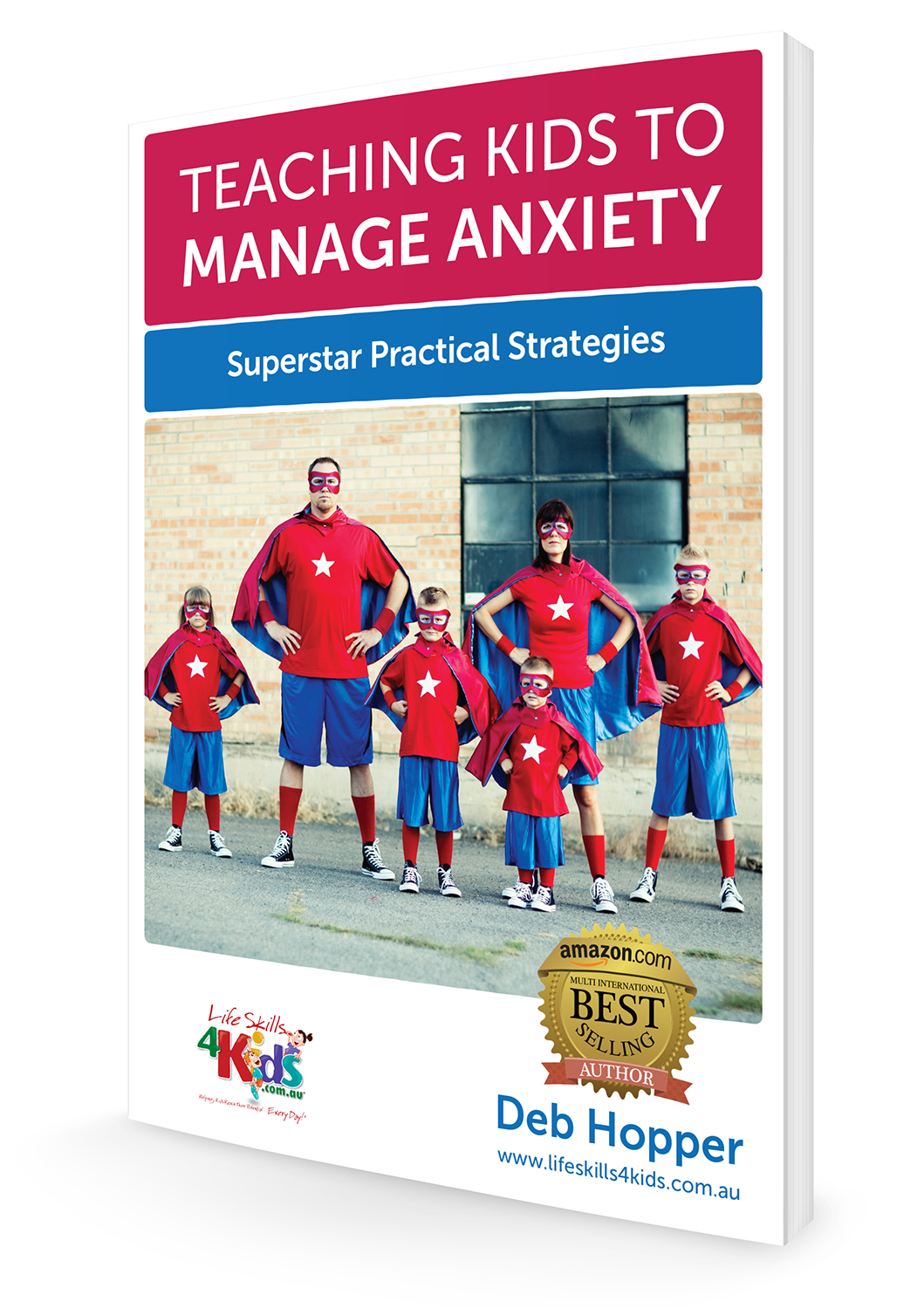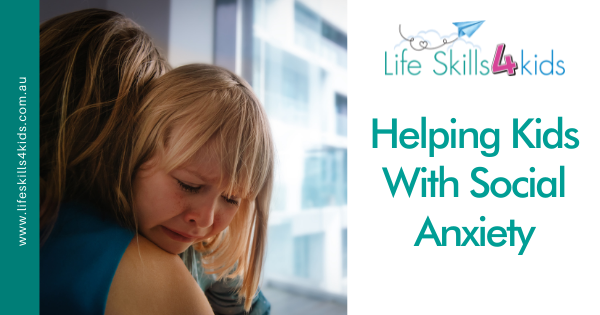1. How can we go about helping kids with social anxiety?
2. How can we use the benefit of our experience to help our young people to deal successfully with social situations?
3. How can we break down any social anxiety issues into simple-to-understand, gentle, nurturing steps?
Check out this article to help you to become more aware of your child’s anxiety
Strategies For Helping Kids With Social Anxiety
Connect with your child
We have pulled together a number of different strategies for helping kids with social anxiety. What is also important to remember, as a parent, is to spend quality time with your young person so that you connect with them.
The knowledge that you want to connect with your kids will help them to feel safe and secure as they explore strategies and find ones that can work for them. If there is an opportunity to do things together AND your kids want to do that, you can build a strong connection which will enable you to help and encourage them in many different ways.
Teach relaxation strategies
- Not only can you teach your kids relaxation strategies, you can also practice them together. Mindfulness is becoming more and more popular for kids as well as adults. There are some great resources online for practicing mindfulness.
- Encourage your young person to practice breathing calmly, so that they can use this skill if they find themselves in a socially anxious situation. Make this an easy skill to learn – your child can count to five on their fingers as they breath in and then five on their fingers when they breath out.
- There are some great kid-friendly yoga videos on YouTube that you could do together, here is one of the favourite channels that I often use called Cosmic Kids Yoga. Using this sort of resource is also really helpful for kids that may be on the autistic sprectrum, as it is very structured and easy to get used to.
Teach your child about social anxiety
- Talk to your child about why we all experience anxiety and how it kept us safe when we were hunters.
- Let them know how danger used to be immediate (eg running from a tiger) and so our instincts would kick in to help us escape.
- This compares to now, when there is usually plenty of time to worry about things before they actually happen, eg preparing for a rugby match is not instant, so this also means there is plenty of time to worry.
Prepare your child
We all like to know what is going to happen – it helps us feel safe, prepared and ready for an event or activity. Children who are socially anxious need extra time to prepare and you can help them to do this. You can talk about an upcoming event, cross off days on a calendar together, let your kids know what is likely to happen and encourage them to imagine the event being a success.
It is a great idea to use props if they will help your child, for example, a visual timetable of what will happen during an event/activity can be extremely useful. You could also have a discussion with your kids about a pre-agreed reward and how they can earn that.
(Remember to make any goals that you mutually agree easy to understand and initially easy to achieve – the challenges can increase in difficulty as your young person gains in confidence).
Teach problem-solving skills
It is very tempting as a parent to protect our kids by doing things for them, especially when we know that a particular situation is causing our young person to be socially anxious.
It is however, vitally important, to nurture problem-solving skills in your child. When you come across a situation that you know will trigger your child’s social anxiety, have a go at:
- asking them open questions, so they can think of their own solution (think about What, How, When questions and avoid Why or yes/no questions)
- encourage them to brainstorm or mind map possible solutions – let their imaginations run wild and then ask them to choose which solutions could work
- help your child to identify triggers within a situation, so that they can see anxiety coming and use strategies to help themselves
Teach coping techniques
As well as teaching relaxation strategies, other coping techniques could include:
- The Five Senses Technique
- When a child is feeling anxious, it helps if you can distract them into noticing their surroundings and this will help them feel more connected with where they are.
- Focus on the five senses and get your child to name:
- 5 things they can see and say them out loud (if they can)
- 4 things they can feel
- 3 things they can hear
- 2 things they can smell
- 1 thing they can taste
- Sensory Techniques
- provide something to transfer the young person’s anxiety into, eg, a chewy, music & headphones, a favourite cause & effect toy, a fidget spinner
- give them a deep massage or use a weighted vest/blanket so that your child gets the feeling of a ‘big hug’ from both experiences
- practice breathing calmly together initially and then your child will eventually be confident enough to use this technique without you
- for extra information, our article about sensory anxiety is here
Work on friendship skills
As much as we would like to, we can’t make friends for our kids, but we can help them practice making friends. You can use role play to experiment with greeting potential friends, listening and responding and making conversation.
When you help your child to practice these skills, they can be more confident when they are approaching any new potential friendships. This is a great skill to have not only as a child, but as you enter adulthood too. By helping kids with social anxiety, this can lead to their adult life being much easier, enabling them to deal successfully with different social contexts.
For further help, have a look at our live webinar on helping kids with social anxiety, it’s on Thursday June 21st, 2018.
Teaching Kids to Manage Anxiety: Superstar Practical Strategies (eBook)
Kids today are growing up in a fast-paced world where information and opportunity overload can be overwhelming.
Based on many years of clinical experience as an Occupational Therapist, Deb Hopper has been using her Just Right Kids® Model to teach children to communicate and manage their stress and anxiety by:
– Identifying their “body speed”,
– Understanding their stress triggers, and
– Implementing simple strategies to reduce anxiety and stress.


